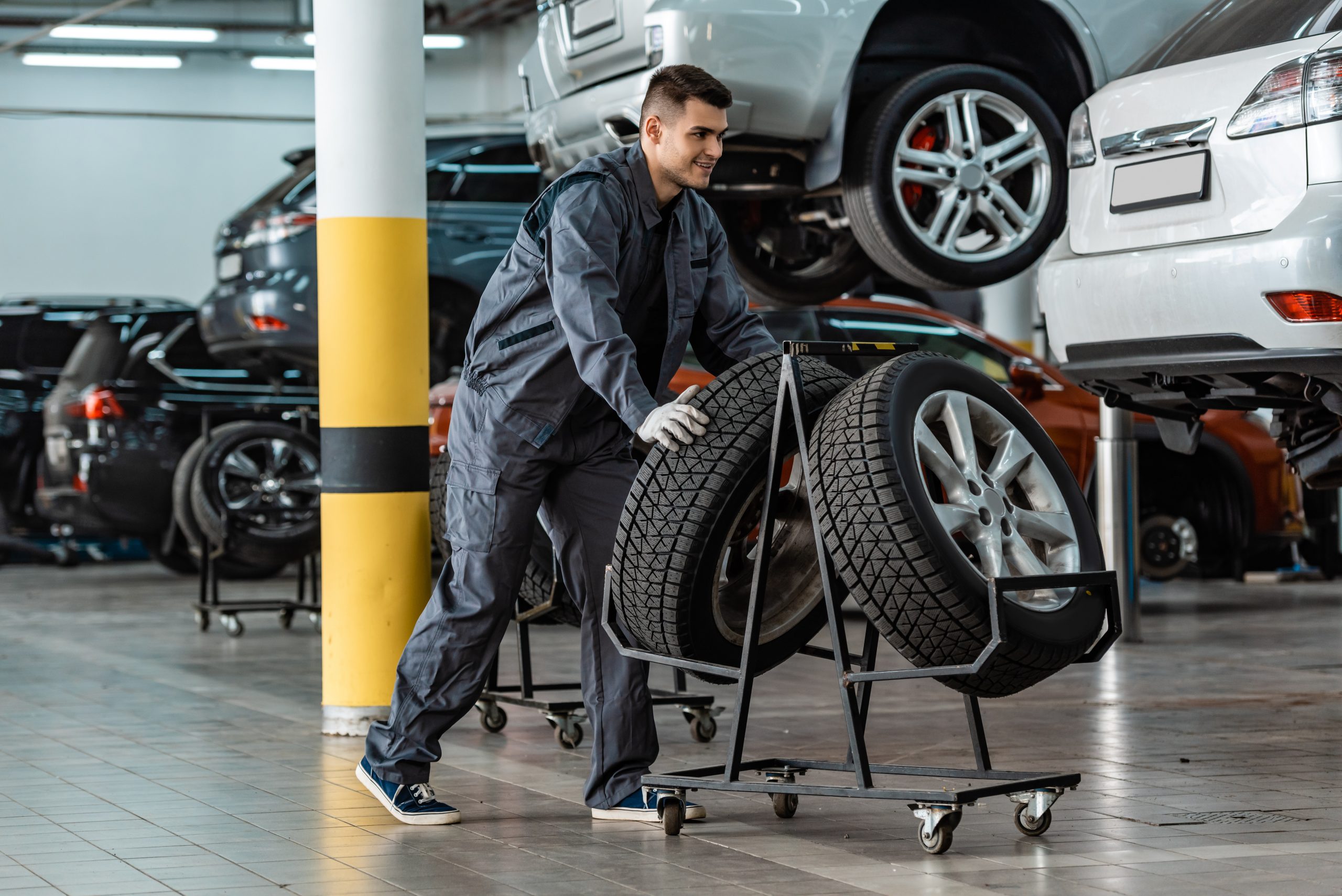Morris Tire Service: Where Accuracy and Performance Converge
Wiki Article
The Ecological Benefits of Appropriate Tire Upkeep
Keeping appropriate tire treatment is typically neglected, yet its impact on the environment is profound. Proper tire maintenance not just expands the life expectancy of tires however likewise decreases landfill waste and adds to boosted air quality.Minimized Gas Consumption
Improving tire maintenance practices can cause a considerable reduction in gas consumption for vehicles. discount tires morris il. Correctly filled with air tires make sure optimum call with the roadway surface, lowering rolling resistance and improving fuel effectiveness. According to the U.S. Department of Power, underinflated tires can decrease gas mileage by 0.2% for each 1 psi decrease in pressure in all four tires. This may look like a little percent, yet when increased by the number of automobiles on the road, the collective influence is substantial.Along with tire pressure, normal tire rotations and alignments additionally play a vital function in gas performance. Unevenly worn tires can raise gas intake as the engine functions harder to preserve rate and grip. By keeping correct alignment and rotating tires at recommended periods, drivers can make certain also lengthen the life and wear of their tires, eventually conserving fuel and decreasing their carbon impact.
Extended Tire Lifespan
Extending the life-span of tires is a vital aspect of efficient car maintenance methods that can generate cost financial savings and environmental advantages in the lengthy run. By correctly preserving tires, vehicle drivers can considerably prolong their functionality, minimizing the regularity at which new tires require to be manufactured and old ones thrown away. This not just saves useful sources however likewise decreases the energy and exhausts connected with tire production and disposal processes.Routinely inspecting tire pressure, turning tires, and guaranteeing correct positioning are crucial steps in expanding tire lifespan. Sufficient walk depth is important for optimum traction and security, yet it likewise plays a function in the length of time tires can be used before needing replacement. In addition, preventing aggressive driving behaviors that speed up tire wear, such as rough stopping and doglegs, can better improve tire longevity.
Inevitably, boosting the longevity of tires via positive maintenance not just profits the setting by lowering waste and preserving sources however additionally brings about cost financial savings for vehicle owners by postponing the need for brand-new tire purchases.
Lower Emissions Output
Effective tire maintenance methods contribute to a decrease in exhausts output, lining up with environmental sustainability goals in the automotive market. By maintaining optimum tire pressure levels, chauffeurs can help reduce these negative ecological influences.Moreover, well-maintained tires also improve traction and lower rolling resistance, further enhancing gas effectiveness. This, in turn, reduces the quantity of exhaust gases launched into the atmosphere. Furthermore, making certain tires are effectively pumped up and lined up can prolong the lifespan of the tires, lowering the regularity of tire replacements and the connected environmental prices of tire production and disposal.

Decreased Land Fill Waste
Given the favorable effect of proper tire maintenance on lowering discharges output, an additional significant ecological advantage is the capacity for decreased garbage dump waste. They put on out quicker and need to be replaced extra often when tires are not kept appropriately. This leads to a higher volume of used tires being dealt with in land fills. However, find by guaranteeing that tires are correctly blown up, aligned, well balanced, and revolved consistently, their life expectancy can be dramatically extended. This indicates that less tires wind up in garbage dumps, minimizing the amount of non-biodegradable waste in these currently overflowing websites.
Improved Air Quality
Enhancing air quality with proper tire maintenance techniques is an essential aspect of sustainable ecological stewardship. When tires are underinflated, they create a lot more moving resistance, bring about boosted gas usage and greater discharges of hazardous pollutants such as carbon monoxide and nitrogen oxides. Correctly filled with air tires not only improve gas performance yet also lower the quantity of contaminants launched right into the air.Additionally, well-kept tires with proper walk deepness and positioning add to much safer motoring conditions, lowering the chance of accidents that can result in the release of extra toxins right into the environment. By expanding the life expectancy of tires via normal upkeep and turning, less tires are discarded prematurely, reducing the environmental impact of tire disposal and manufacturing processes.
Conclusion
In verdict, correct tire upkeep uses countless ecological advantages. By decreasing fuel intake, expanding tire life expectancy, lowering emissions output, decreasing garbage dump waste, and boosting air quality, individuals can add to a healthier world. These efforts not only profit the environment yet additionally help to conserve sources and decrease overall ecological effect. It is important for individuals to prioritize tire imp source maintenance as an easy yet reliable method to protect the environment for future generations.Correct tire upkeep not only prolongs the life expectancy of tires but additionally lowers garbage dump waste and adds to enhanced air quality - morris tire. By maintaining proper placement and turning tires at suggested intervals, chauffeurs can make sure also put on and extend the life of their tires, ultimately conserving gas and decreasing their carbon footprint
By properly preserving tires, chauffeurs can considerably extend their usability, decreasing the frequency at which new tires need to be produced and old ones disposed of.Consistently examining tire stress, revolving tires, and guaranteeing appropriate positioning are essential actions in expanding tire life expectancy. In addition, making sure tires are try these out properly inflated and straightened can extend the life expectancy of the tires, lowering the regularity of tire substitutes and the connected ecological expenses of tire production and disposal.
Report this wiki page